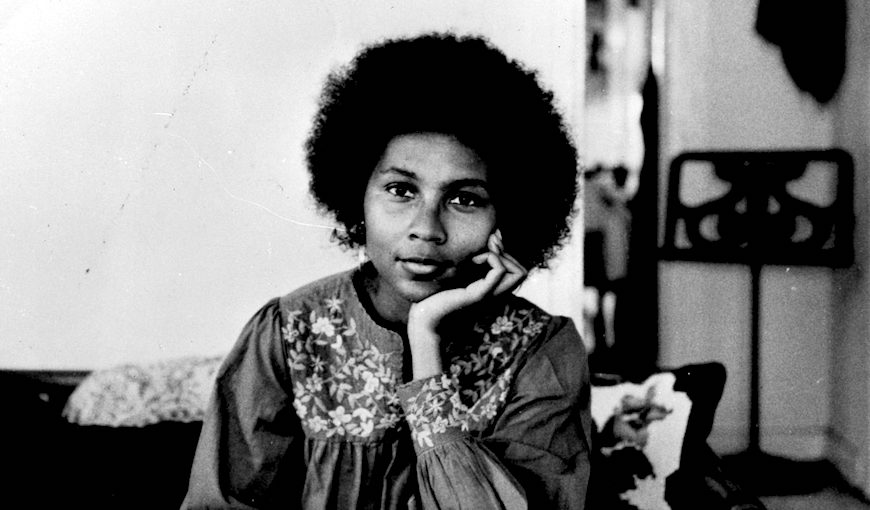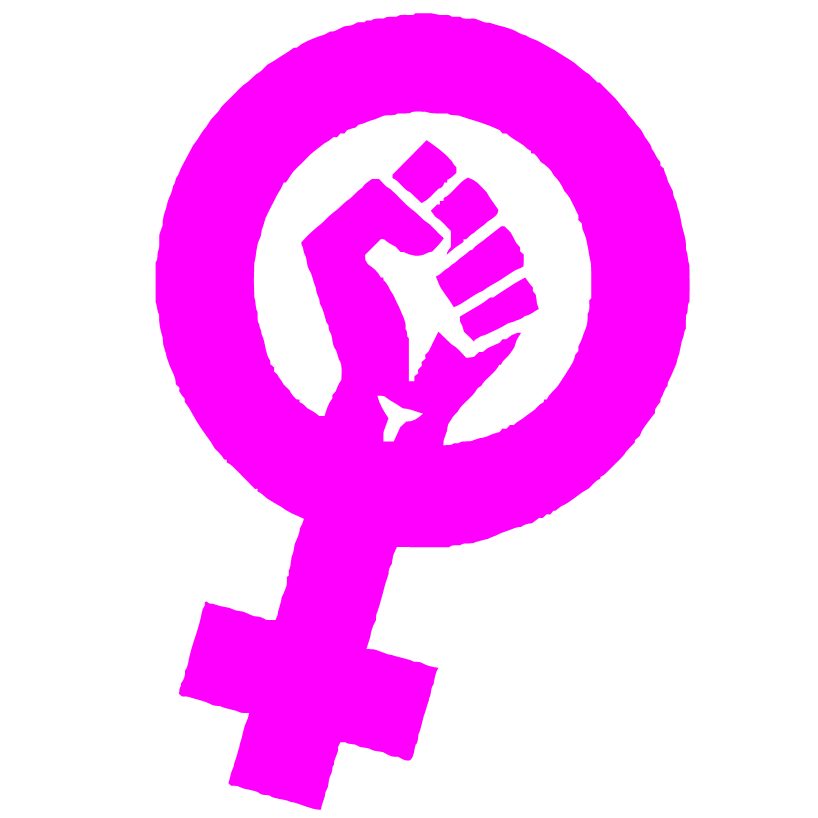 ITS DISCUSSION TIME FRIENDS!!
ITS DISCUSSION TIME FRIENDS!! 
@Farvana@lemmygrad.ml @FactuallyUnscrupulou@hexbear.net @Rojo27@hexbear.net @hotcouchguy@hexbear.net @ObamaSama@hexbear.net @frauddogg@hexbear.net @whatnots@hexbear.net @CaliforniaSpectre@hexbear.net @wtypstanaccount04@hexbear.net @Lalutacontinua@hexbear.net @NewOldGuard@hexbear.net @Volcatile@hexbear.net @Sulvor@hexbear.net @sewer_rat_420@hexbear.net @Frank@hexbear.net @Chronicon@hexbear.net @PM_ME_YOUR_FOUCAULTS@hexbear.net @Red_Sunshine_Over_Florida@hexbear.net @Melonius@hexbear.net @ped_xing@hexbear.net @comrade_pibb@hexbear.net @woodenghost@hexbear.net @peppersky@hexbear.net @Cowbee@hexbear.net @MaoTheLawn@hexbear.net @Lemmygradwontallowme@hexbear.net @bdazman@hexbear.net @Real_User@hexbear.net @LGOrcStreetSamurai@hexbear.net @real@hexbear.net @OgdenTO@hexbear.net @RedWizard@hexbear.net @PaX@hexbear.net @DerRedMax@hexbear.net @PKMKII@hexbear.net @PurrLure@hexbear.net @TheLepidopterists@hexbear.net @courier8377@hexbear.net @Seasonal_Peace@hexbear.net @FumpyAer@hexbear.net @Latework@hexbear.net @BrezhnevsEyebrows@hexbear.net @Esoteir@hexbear.net @Cloudx189@hexbear.net @carpoftruth@hexbear.net @BobDole@hexbear.net @vovchik_ilich@hexbear.net @NotThatKindOfFedPosting@hexbear.net @HexaSnoot@hexbear.net @sempersigh@hexbear.net @Barabas@hexbear.net @dumples@midwest.social @PerryGirl@hexbear.net

